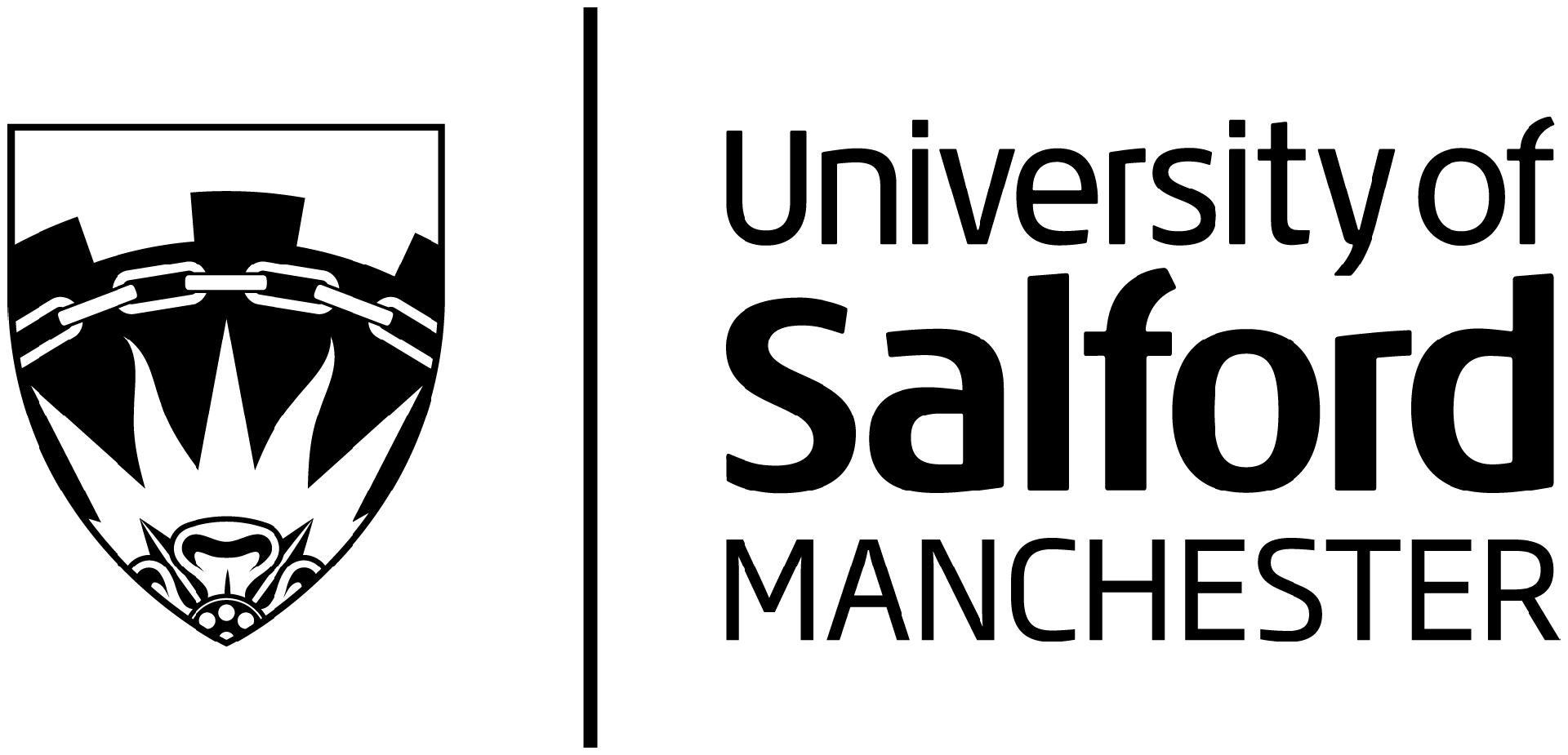Get more information and updates from Bellway Homes regarding this development via:
Receive updates about other nearby developments from Bellway Homes and sister brand Ashberry Homes, as well as related products and news.
Get more information and updates from Bellway Homes regarding this development via:
Receive updates about other nearby developments from Bellway Homes and sister brand Ashberry Homes, as well as related products and news.
We’ve teamed up with one of the UK’s leading new homes mortgage specialists, New Homes Mortgage Helpline, to help find the right mortgage product for you.
Please note, by ticking the checkbox below you consent to Bellway sharing your data with New Homes Mortgage Helpline (The New Homes Group Limited) which offers customers unbiased, reliable and professional advice on mortgages available from a wide variety of lenders. Bellway may receive a commission when you complete on a mortgage arranged by the New Homes Mortgage Helpline.

Bellway has laid the foundations for the future by building an experimental new eco home – The Future Home @ The University of Salford.

Designed, built and tested to be better for the people who live there and better for the environment, this ground-breaking research is part of the The University of Salford @ Energy House 2.0 Project, in partnership with The University of Salford and others – and will strongly influence how we use our homes in the future.
Bellway’s dedicated testing facility, The Future Home, is located within the Energy House 2.0 research facility at The University of Salford. Construction began early in 2022 and the official launch took place in January 2023.
Testing will begin in the spring and carry on into 2024. Data will be collected and analysed by experts from Bellway and The University of Salford.
A variety of building materials and green technologies will be used in the design and construction of The Future Home to help identify best practices when it comes to:
Halfway through the project, the house will be retrofitted to offer a unique opportunity to measure the difference in energy efficiency between double and triple glazing on windows, and ceiling- and wall-mounted infrared radiators versus underfloor heating.
Throughout testing, The Future Home will be exposed to temperatures as high as 40°C and low as -20°C with the recreation of wind, snow, solar radiation and other weather conditions. The facility has the capability to replicate over 95 per cent of the world’s climatic conditions, ranging from the normal to the extreme.
Jamie Bursnell, Group Technical and Innovations Manager for Bellway, said: “The results of this project have the potential to change how we build homes – and how we live in them.
Many of the technologies being tested are due to be in common use by 2026 so testing them now will allow to reduce carbon emissions by building more efficient homes even earlier.
The research facility will contain two environmental chambers that will accommodate four houses and has the ability to replicate over 95% of the world’s climatic conditions.
The house will be tested in temperatures as high as 40°C and as low as -20°C. Weather conditions including wind, snow and solar radiation will be created in the chamber.

Many of the technologies being tested are due to be in common use by 2026 and will pave the way for Bellway’s ongoing efforts to reduce carbon emissions by building more efficient homes.

The Future Home research will produce reliable data that can help Bellway test the theoretical and real performance of different energy methods, finding out how different habits impact energy consumption and retention.

The end goal for Bellway is clear: trusted guidance for building energy-efficient homes, reducing emissions and supporting local communities and environments.
The results of this project have the potential to change how we build homes – and how we live in them.Jamie Bursnell, Group Technical and Innovations Manager
With over 75 years of expertise in housebuilding, Bellway is well-placed to take a lead as the construction and property industries explore how to address climate change, the cost of living, fuel poverty and other pressing issues.
Bellway is dedicated to the continual evolution of both its homes and its business practices. As part of a long-term commitment to responsible and sustainable business practices, through its sustainability strategy Better with Bellway


Bellway is proud to work alongside a team of researchers, suppliers and subcontractors in the energy, construction and property sectors.
This project wouldn’t be possible without the University of Salford’s net-zero research facility. Energy House 2.0 has been part funded by the European Regional Development Fund and has world-leading capabilities.


Bellway started work building The Future Home in spring 2022 and the research project will officially start in 2023. From then, data on energy efficiency will be collected and analysed by university experts.

The Energy House 2.0 project is supported by funding from the European Regional Development Fund and the Office for Students.
The project is receiving up to £8,244,403 of funding from the England European Regional Development Fund as part of the European Structural and Investment Funds Growth Programme 2014-2020. The Ministry of Housing, Communities and Local Government (and in London the intermediate body Greater London Authority) is the Managing Authority for the European Regional Development Fund.
Keep up-to-date with the project as it progresses through various tests.
14.11.24 - Bellway Future Home produces key findings for future heating of new homes as UK prepares to go gas-free
30.01.24 – First test results in from Bellway’s Future Home
12.01.23 – Bellway unveils The Future Home at The University of Salford
27.10.22 – Bellway installs UK’s first roof-mounted air source heat pump at Energy House 2.0
24.10.22 – Bellway and Nuspan test energy and cost-efficiency of precast floor in The Future Home
14.07.22 – Bellway builds ‘The Future Home’ to test zero carbon reduction technology

Bellway has carefully selected a group of key suppliers, consultants and subcontractors to work with on The Future Home. Whether providing the latest products and materials, specialist services or invaluable insight, each is crucial to the success of the tests.

All you need when it comes to finding your new home